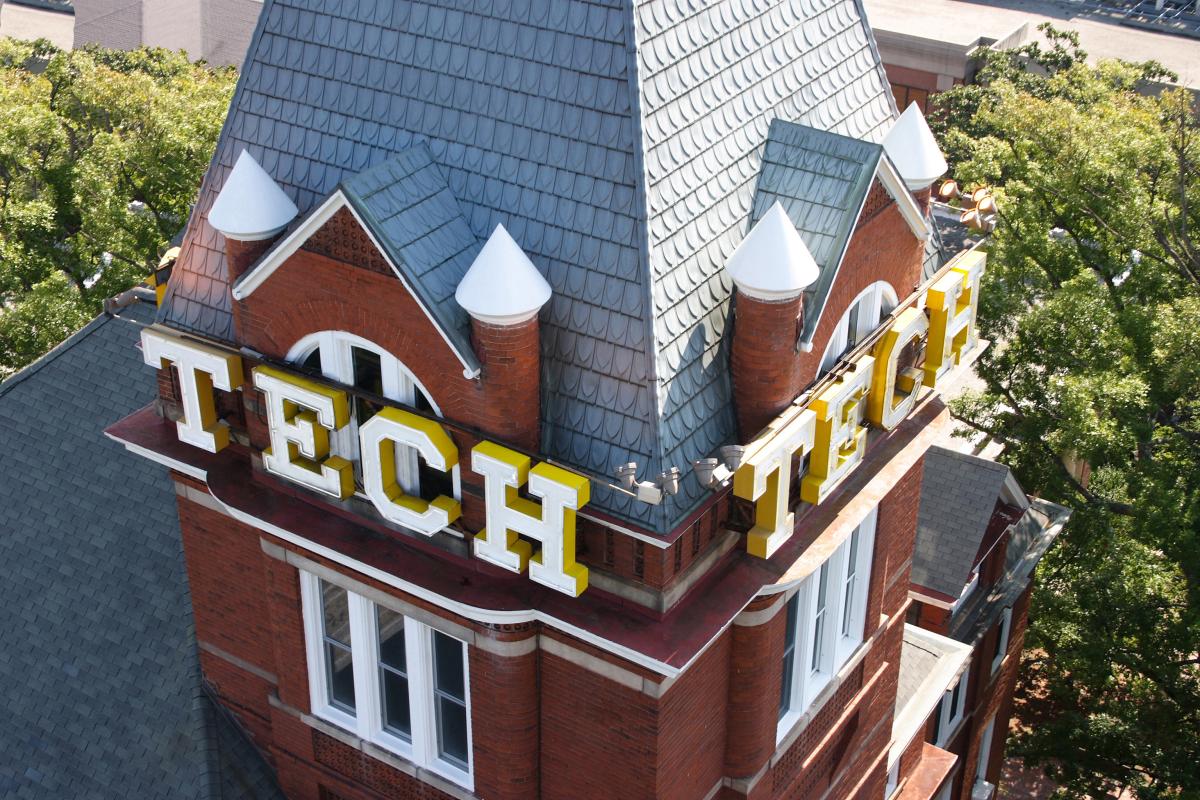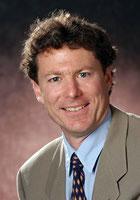
His presentation, “Nonlinear Ultrasonics for Structural Health Awareness” will look at applications to characterize fatigue, thermal embrittlement and irradiation damage in nickel-based superalloys, aluminum, steels and stainless steels, as well as alkali silica reaction (ASR) damage in concrete.
The annual Quantitative Nondestructive Evaluation (QNDE) conference is a meeting of academic and industry professionals designed to bring together research and early engineering for the presentation of ideas and results to transfer to engineering development.
Central to Jacobs’ talk is the importance of collecting accurate quantitative information on the state of damaged structural materials.
“Health monitoring of structural components will require the development of advanced sensing techniques capable of providing quantitative information on the damage state of structural materials,” he writes.
“By focusing on nonlinear acoustic techniques, it is possible to measure absolute, strength based material parameters that can then be coupled with uncertainty models to enable accurate and quantitative life prediction. Starting at the material level, this talk will summarize current research that involves a combination of sensing techniques and physics-based models to characterize damage in both metallic and cement-based materials.
“In metals, these nonlinear ultrasonic measurements can sense material state, before the formation of micro- and macro-cracks. A variety of sensing techniques including second harmonic generation and wave mixing will be considered. Since these nonlinear acoustic techniques are acoustic wave based, component interrogation can be performed with bulk, surface and guided waves using the same underlying material physics; these nonlinear ultrasonic techniques provide results which are independent of the wave type used. Recent physics-based models consider the evolution of damage due to dislocations, slip bands, interstitials, and precipitates in the lattice structure, which can lead to localized damage.”
The Review of Progress in Quantitative Nondestructive Evaluation (QNDE) is sponsored by QNDE Programs and organized by the Center for Nondestructive Evaluation at Iowa State University in cooperation with the Air Force Research Laboratory, the Army Research Laboratory, the American Society for Nondestructive Testing, the U.S. Department of Energy, the Federal Aviation Administration, the National Aeronautics and Space Administration-LaRC, and the National Science Foundation.
